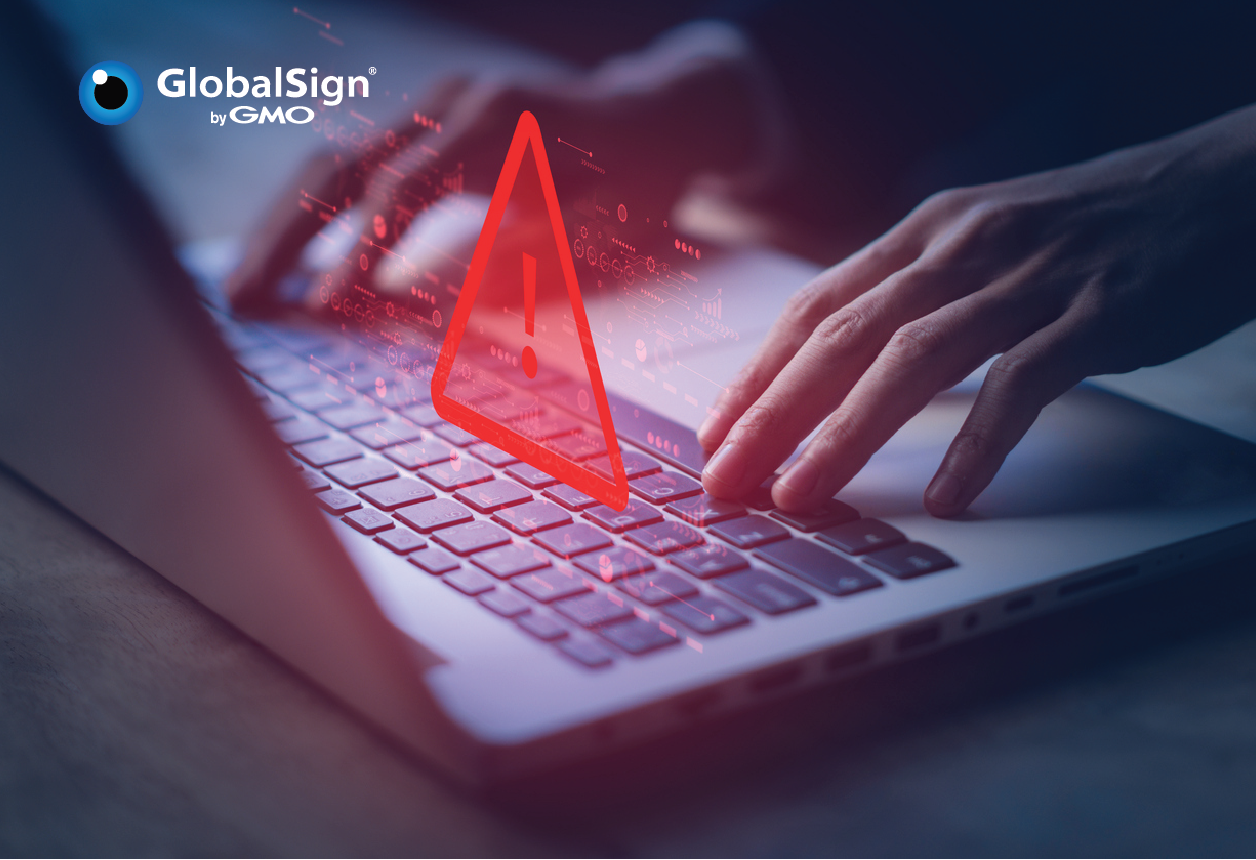Understanding SSL/TLS Certificates
SSL/TLS certificates are cryptographic certificates that authenticate a website's identity and enable encrypted communications through the Secure Sockets Layer (SSL/TLS) protocol, now known as Transport Layer Security (TLS). They're important for securing online transactions, maintaining customer trust, and protecting digital identities.
SSL/TLS ensures secure internet connections by using a public and private key encryption system, preventing unauthorized access to data during transmission. When a website is secured with a high-quality SSL/TLS cert, it displays a padlock icon next to the URL to signal to visitors that the website is secure.
Encryption is done via the SSL/TLS handshake process, which involves the browser requesting the website's SSL/TLS certificate from the server, verifying its authenticity, and establishing an encrypted session for data exchange. HTTPS appears in the URL of SSL/TLS-secured websites, distinguishing them from unsecured sites that display "HTTP" in the address bar.
SSL/TLS certificates contain details such as the domain name, issuer, and expiration date. They're vital for maintaining the confidentiality of user data, verifying website ownership, and preventing fraud. Further, they protect sensitive information like login credentials, financial data, and personal information, safeguarding online interactions and critical data.
What are the Key Differences Between Free and Paid SSL/TLS Certificates?
Validation Level
There are three different types of SSL/TLS Certificates that Certificate Authorities (CAs) offer: Domain Validation (DV), Organization Validation (OV), and Extended Validation (EV).
-
Domain Validation (DV) SSL/TLS Certificates: Domain-validated certificates are perfect for small businesses and bloggers as they provide a quick and cost-effective way to encrypt your website. They offer a basic level of validation by confirming ownership of the specified domain, but not necessarily of the organization.
-
Organization Validated (OV) SSL/TLS Certificates: These "wildcard certificates" provide a higher level of validation over DV SSL/TLS certificates, verifying the business behind the website and increasing customer trust.
-
Extended Validation (EV) SSL/TLS Certificates: EV certificates offer superior trust and credibility compared to other types of SSL/TLS Certificates as they require a more in-depth level of validation by the CA before issuing the certificate.
When it comes to free SSL/TLS certification, a Domain Validation (DV) certificate is your only option, which may suffice for some smaller websites, but those prioritizing trust and the security available with higher verification levels should purchase premium SSL/TLS Certificates.
Warranty
Free SSL/TLS Certificate providers don’t issue warranties or liability protection with their SSL/TLS certificates. This means that potential issues like certificate failure or fraudulent transactions will heavily impact your organization, and you won’t be compensated.
By contrast, paid SSL/TLS certificates typically come with a warranty that includes a pre-agreed coverage amount.
Trust Seal
In addition, SSL/TLS certificates purchased from commercial CAs usually include a trust seal that can be displayed on the website. This seal boosts visitor trust and can lead to increased customer conversions compared to free SSL/TLS certificates.
Basic SSL/TLS certificates from free SSL/TLS providers don't use this trust seal, compromising trust.
Expiration
Free SSL/TLS certificates offer a typical validity of period of 90 days, necessitating frequent renewals. In contrast, paid SSL/TLS certificates distinguish themselves with longer validity periods, usually for one year, reducing the administrative burden of renewal. This extended duration and enhanced support structure make paid SSL/TLS certificates particularly appealing for businesses seeking to minimize operational overhead and prioritize long-term website security and reliability.
The Allure of Free SSL/TLS Certificates
With online security becoming a vital priority for businesses of all sizes, many organizations have started actively seeking cost-effective ways to encrypt their websites and earn visitors’ trust. Not to mention, popular search engines like Google and Bing emphasize HTTPS encryption, which has incentivized website owners to secure their platforms with SSL/TLS certificates in the hope of earning better visibility and higher search engine rankings.
Many free SSL/TLS certificate providers have surfaced in recent years, making it possible for small and micro businesses to obtain SSL/TLS encryption without adding unnecessary costs while also benefiting from the provider’s streamlined and user-friendly process of obtaining and implementing SSL/TLS certificates.

Despite the advantages of free SSL/TLS certificates like the "Let's Encrypt Certificate", there are common misconceptions surrounding their effectiveness and reliability. One prevalent misconception is that free SSL/TLS certificates are less secure than their paid counterparts. However, the encryption protocols and security standards employed by free SSL/TLS certificate authorities are comparable to those used by paid options, ensuring robust protection against cyber threats.
Another misconception is that free SSL/TLS certificates are difficult to install and maintain. While the process may vary depending on the certificate provider and hosting platform, many offer automated tools and tutorials to simplify the implementation process. Additionally, ongoing maintenance typically involves automatic renewal processes, minimizing the burden on website administrators.
However, relying on free SSL/TLS certificates isn’t risk-free, especially for security focused organizations.
The Advantages of Paid SSL/TLS Certificates
Comprehensive Support and Warranty Coverage
When you invest in a paid SSL/TLS certificate, you also gain access to dedicated technical support from the Certificate Authority (CA). Their team of experts is available to assist you throughout the certificate's lifecycle via email, chat, and phone, whether you need help with installation, configuration, or troubleshooting.
Additionally, paid certificates typically come with warranty coverage, providing financial compensation in the event of a data breach. This can range from $10,000 to $1.5 million, depending on the type of certificate, helping mitigate potential losses incurred from security incidents.
Customization Options and Scalability
Certificate providers offer robust certificate management platforms that allow users to easily issue new certificates, automatically renew certificates, and revoke compromised or outdated ones. With such a high level of flexibility, you can make sure that your company's security measures can adapt to your evolving needs without hindering growth. Whether you're scaling up your operations or implementing new security protocols, paid SSL/TLS certificates to offer the scalability and customization options required to support your business objectives.
Compliance with Industry Standards and Regulations
Paid SSL/TLS certificates are designed to meet the stringent requirements of industry standards and regulations such as GDPR and PCI-DSS, ensuring that your website remains compliant with relevant laws and guidelines.
Investing in a paid SSL/TLS certificate can help you demonstrate your commitment to protecting sensitive information and maintaining the trust of your customers.
The Cost of Compromised Security
Complications related to compromised security due to SSL/TLS certificate failures are far-reaching and can inflict severe damage on your business.
SSL/TLS certificate failures expose sensitive data to potential interception by malicious actors, leading to breaches, data theft, and financial losses. Beyond immediate financial implications, such incidents erode consumer trust and tarnish a company's reputation, with enduring consequences.
In practice, SSL/TLS certificate failures can result in catastrophic breaches. Hackers exploit vulnerabilities in SSL/TLS/TLS protocols to intercept and manipulate data transmitted between users and servers. Consequently, stealing personal information becomes easier, jeopardizing both customers and businesses.
The result of such breaches extends beyond financial losses, often leading to costly legal battles, regulatory fines, and damage control efforts.
Furthermore, the long-term repercussions of compromised security extend to the eradication of trust and reputation. Customers expect you to safeguard their data diligently. When your company fails to uphold this expectation, consumers lose confidence in your ability to protect their sensitive information.
Negative publicity surrounding security breaches can deter potential customers, drive away existing ones, and harm relationships with your business partners.
The Disadvantages of Free SSL/TLS Certificates
Limited Security Features and Vulnerabilities
Premium SSL/TLS certificates offer more than just encryption; they include advanced security enhancements like vulnerability assessments and daily malware scanning, which thwart hackers from exploiting vulnerabilities and launching multiple attacks. This ensures robust protection for your business against evolving cyber threats, something that free SSL/TLS certs don't fully provide.
Lack of Warranty and Liability Protection
In the event of data breaches or cyber-attacks, warranty coverage becomes crucial for rebuilding the website and covering mandated penalties. Without this financial safeguard, companies risk vulnerability to bankruptcy.
Inadequate Customer Support and Assistance
Providers offering free SSL/TLS certificates are less likely to respond promptly to support requests. Swift resolution of issues is vital for website security, as prolonged delays can significantly harm your website and business.
Purchasing an SSL/TLS certificate directly from a reputable Certificate Authority (CA) ensures dedicated, round-the-clock support for any potential problems during certificate order or configuration.
Restrictions and Limitations in Certificate Management
Free SSL/TLS certificates may not be available for all regions, posing a significant inconvenience for companies operating outside these areas.
Paid SSL/TLS certificates ensure compatibility with major browsers, including older versions, and function seamleSSLy on various devices. They also enjoy broad support across operating systems, email clients, and VPN appliances. While free certificates offer good browser support, they may not match the scale of their commercial counterparts.
With paid SSL/TLS certificates, purchasers have full ownership and can install them on any server or hosting provider, granting complete control. This level of control is not always guaranteed with free certificates.
Making the Right Choice for Your Website
Assessing Your Website’s Security Needs
Before selecting an SSL/TLS certificate for your website, it’s crucial to assess your website’s security needs. Consider things like the type of data you handle, the level of sensitivity of that data, and the potential risks associated with cyber threats.
Conducting a thorough evaluation will help you determine the appropriate level of encryption and security features required to protect your website and its users effectively.
Evaluating the Total Cost of Ownership (TCO) of SSL/TLS Certificates
When considering SSL/TLS certificates, it's essential to look beyond the upfront cost and evaluate the Total Cost of Ownership (TCO).
The TCO encompasses not only the price of the certificate itself but also additional expenses such as security hardware, management software, data center space, and ongoing maintenance.
Opting for a free SSL/TLS certificate may seem cost-effective initially, but the hidden costs and risks associated with managing SSL/TLS security internally can outweigh the savings in the long run.
Choosing a Reliable SSL/TLS Certificate Provider
It’s essential to look for a trusted Certificate Authority (CA) with a proven track record of delivering high-quality certificates and robust security solutions. The CA’s reputation, customer reviews, technical support offerings, and compliance with industry standards all make a difference.
Moreover, partnering with a reputable provider gives you confidence in the reliability and effectiveness of your SSL/TLS certificate in ensuring customer trust.
Avoid the Hidden Dangers and Transition to a Paid SSL/TLS Certificate
Partnering with an established Certificate Authority (CA) is the only guaranteed way to protect your company’s digital identity and earn customers’ trust.
At GlobalSign, we offer paid SSL/TLS certificates that fortify your business against identity theft and fraud, ensuring uninterrupted business operations and an unbreakable chain of trust.
Contact us now to learn more about our paid SSL/TLS certificates and discover the myriad of benefits they bring to your organization.








